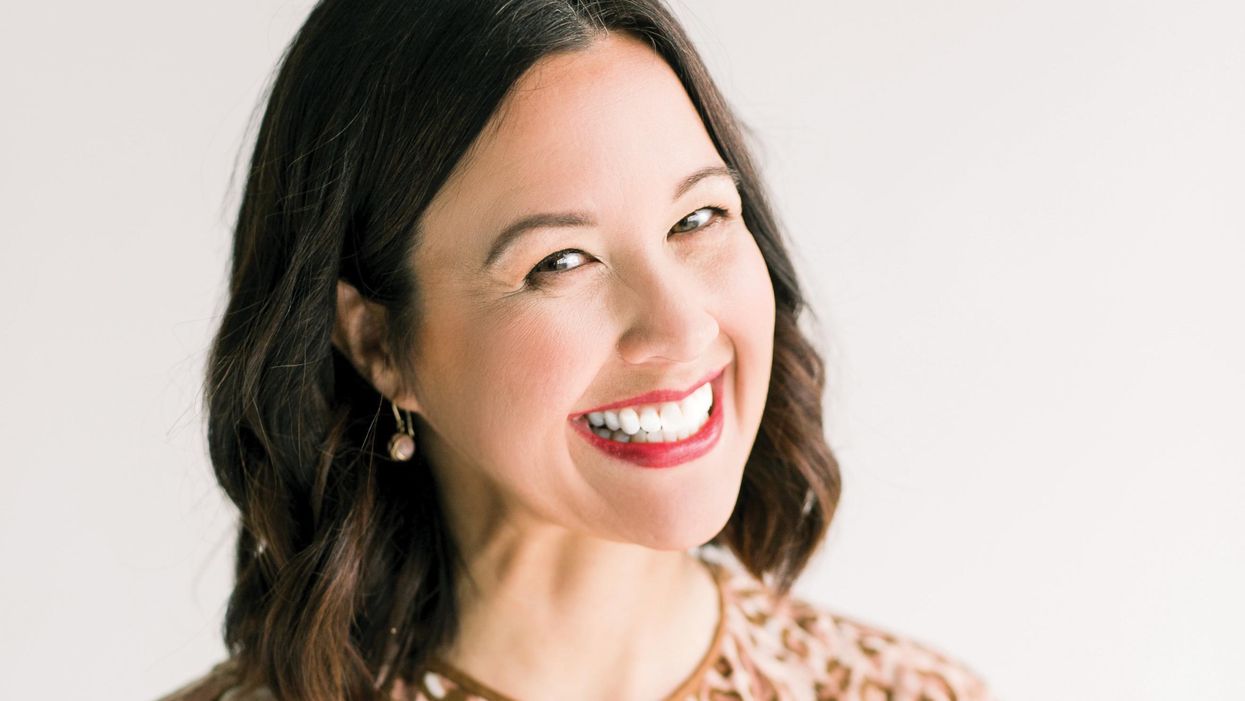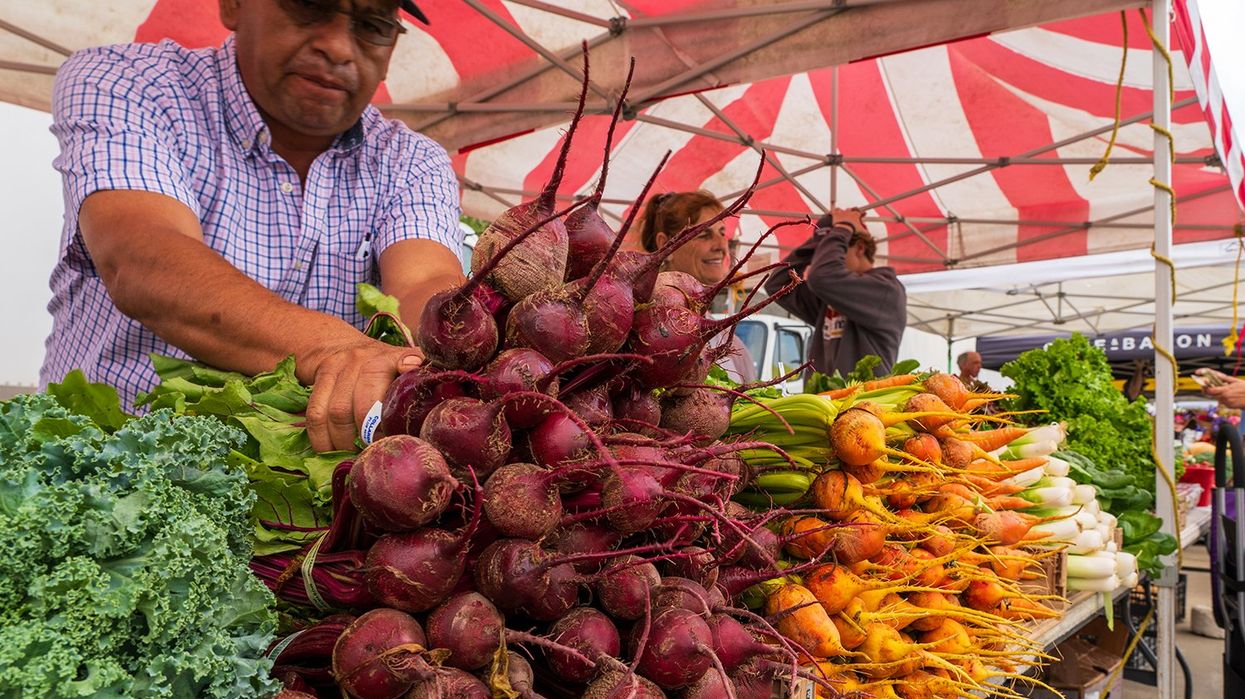She Makes Investments in Women-Run Businesses — But ‘Girl Power’ Doesn’t Begin to Tell Her Story

ENTREPRENEURIAL HOUSTONIANS HAVE long lamented the shallow pool of VC — that is, venture capital — financing in our fair city. Looking for cash to get your idea off the ground? Try friends and family. Try Austin. Try New York. Try Sand Hill Road in Silicon Valley. Anywhere but here.
“I won’t lie, sometimes I have had to explain to some very wealthy individuals exactly what it is a venture capital firm does,” says Carrie Colbert, 44, founder of Curate Capital, a venture capital fund based here in Houston. “We invest in early-stage companies to accelerate their path to success,” explains Colbert, seated at a lounge table on the top floor of the recently opened Crimson apartment building in the Galleria, where she moved her offices during the pandemic. In return for their cash investment and guidance, VCs will typically negotiate a position on the company’s board and percentage of ownership shares.
But what sets Curate apart is that it only invests in women-owned and -led companies. “Some might see that as too niche or an unnecessary compromise,” Colbert says. “But I want to make something very clear: Investing in females isn’t philanthropy, it’s not charity, it’s not political. It is simply good business.”
According to Colbert, 45 percent of U.S. businesses are female-founded, yet they get less than 3 percent of VC dollars. But that may be changing, and Colbert is at the Vanguard: The New York Times reported in November that businesses with a female founder raised more than $40 billion through September for the year — almost double the amount invested in women-founded companies in all of 2020 or 2019.
If anyone should know just how an ambitious and talented woman can seize and make the most of an opportunity to succeed, it is Colbert. Born in Perryton, a tiny town near the Panhandle, Colbert graduated as valedictorian from her high school, earned a B.A. in petroleum engineering and M.B.A. from UT Austin, then worked her way up the corporate ladder at Hilcorp Energy, where she held a variety of executive positions that enabled her to earn enough money retire from corporate life at the enviable age of 38.
Seeking solace from the intensity of her corporate life, she began scrapbooking, a hobby that led her to become a blogger and social-media influencer. She then launched her personal brand on Instagram, dishing out advice to “live more colorfully” and growing her channel to 85,000 followers, to whom she sold rainbow-colored knitwear.
It was ultimately Colbert’s engagement on Instagram that led her to launch Curate Capital. “People were reaching out to me through direct messages asking for advice on their businesses, which I was happy to offer. Many of these women were early in their business journey, in their 20s and 30s, and facing many of the same challenges I had faced.”
Colbert’s first investment was $500,000 in Packed Party, an Austin-based “party-in-a-box” company, which she made privately. “That was five years ago, and now the company is worth 10 times what I invested.” Since then, Curate Capitol has invested some $6 million in a variety of companies, ranging from ArtSugar, an e-commerce pop-art company, to IntuiTap, a medical-device company than facilitates easier implementation of epidural anesthesia during childbirth. In Houston, Colbert has invested in Ampersand, a career-training company that helps land internships and mentorships for women, and Live Tinted, a beauty brand for South Asian women.
By the end of 2021, Curate Capital will have raised and invested $10 million. “What is amazing is how many women who have stepped up and written a sizable check — $100,000 or more.” She admits that the stuggle has been convincing men to participate — particularly the monied set from the energy industries from which she came. “But once they do invest, they double down every time,” said Colbert.
What’s next? Despite the acute demand for more investment, Colbert said she anticipates steady consistent growth. “There is so much money out there looking for deals, that they are having a hard time finding them — but we aren’t. There are just so many opportunities to invest in women, that we are taking it carefully, picking winners, and will build from there.” Asked one thing she says she’ll do differently from now on, Colbert is quick to reply.
“Easy. Going forward, I’m going to ask people for a lot more money!”
















